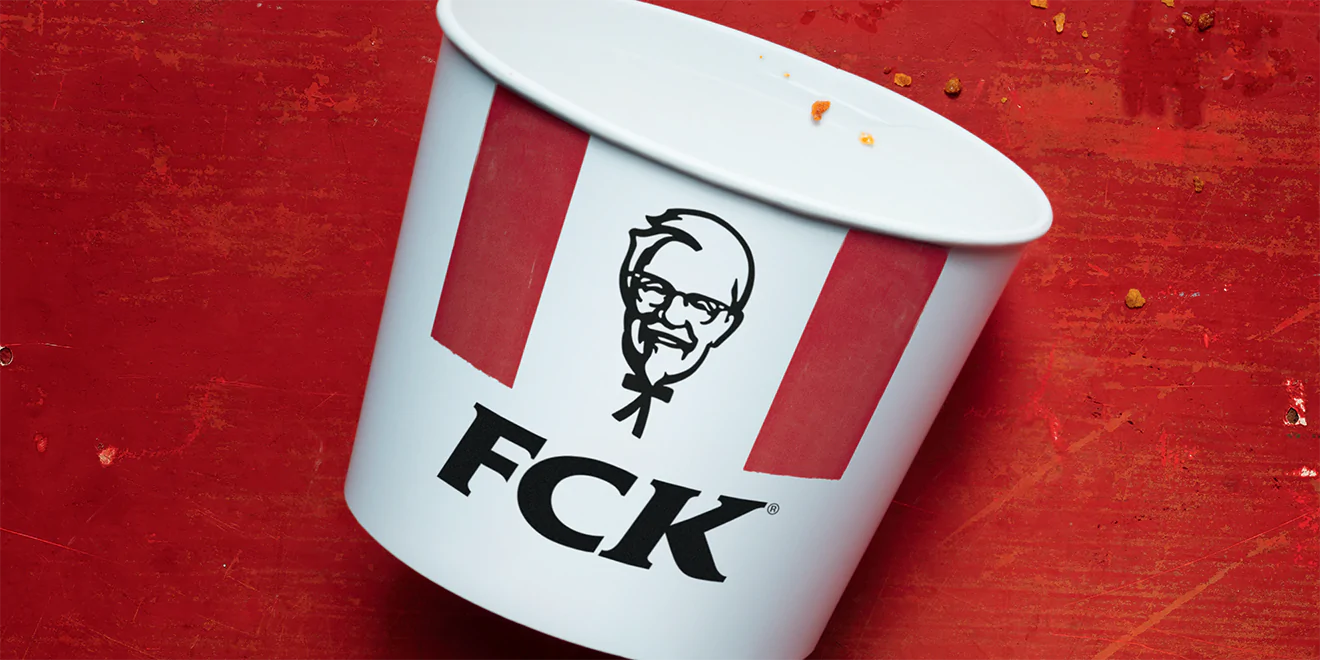Digital Marketing 101: Crisis Mangement

Sometimes, even the best-laid plans face unforeseen challenges.
No matter how carefully a business strategy is put together, there are plenty of events with the potential to bring everything to a standstill that are entirely out of any company or marketing agency’s control.
Today, businesses face a host of potential crises, such as natural disasters, environmental issues, cyber-attacks, staff strikes, financial crimes, technological or industrial threats, supply chain failure, fraud, or emergency product recalls.
The latest example of an unavoidable crisis is the Covid-19 pandemic, which has brought all sorts of complications to businesses across various sectors- from retail stores to restaurants such as local gourmet burger joint, MyBurgerLab.
Companies have had to scramble in order to cope with logistical issues such as supply and shipping, as well as to placate unhappy customers regarding the inevitable consequences of those problems.
Generally, we’d say that prevention is better than cure; however, once the cat’s out of the bag, there’s no going back, and you need to focus on damage control.
Here are some tips to help you mitigate the consequences of any unexpected crises:
Evaluate the damage

When a crisis occurs, it’s important that you understand precisely how it has impacted your business before taking any further action.
The first thing you should do is gather as much information as you can about the situation, such as whether the root cause is internal or external.
If it’s the former, initiate a thorough investigation to discover exactly how the event unfolded. If it’s the latter, perform extensive research into the extraneous element so that you can get a comprehensive understanding of its magnitude.
Things to look out for are the people or factors responsible, if it’s something that was out of your control, or a flaw in your company’s standard procedures that you’ll have to hold yourself accountable for. This will help you understand how serious the problem is so you can structure your next steps accordingly.
For instance, when MyBurgerLab received a complaint from a family frustrated about not being able to sit together at their restaurant due to the Covid-19 SOPs, the company took to social media to express their side of the story in a truly admirable way.
They explained that although they understood the family’s frustration, the decision to abide by the government-mandated rules was to avoid having to pay a hefty fine if they were caught flouting them.
They also shared how they had been struggling financially due to the pandemic and would love nothing more than to have more people in store, but that their hands were tied in the matter.
The post received overwhelming support from their fans, and turned into an opportunity for the brand and its community to come together and support each other during an uncertain and difficult time.
Reassess your plans

Once you comprehend the issue at hand and the impact it has had or will have on your business, you can proceed to the reassessment part of the crisis management procedure.
This involves putting any plans you have in place, such as social media content or product launches on hold and taking stock of it all.
Take note of anything that needs to be overhauled completely, what can be salvaged with a few amendments, and what can remain as is. Check what you have to run by other departments such as suppliers or logistics teams, and ensure that all approved content is up-to-date and sensitive to the current context.
Of course, all of this is highly subject to the nature of the crisis, but doing a proper appraisal of all the moving parts you have will help you potentially retain some of the work you’ve done in order to save precious time and resources.
Keep your customers in the loop

After you’ve established control over any pre-planned communication and actions, it’s time to ensure that your customers understand that you’re aware of the issue and that you’re working on getting things fixed.
When crises occur, it’s paramount to ensure that the communication you have with your customers is clear, consistent, and transparent.
Put yourself in your customers’ shoes and determine how they might be feeling, and demonstrate empathy and accountability in your communication.
If you’re upfront about the situation, acknowledge your own shortcomings, and make it evident that you have a proper understanding of the issue as well as how your customers are being inconvenienced by it, they’re much more likely to reciprocate with the same kind of understanding.

Image credit: Adweek
A great example of this is when KFC stores in the UK ran out of chicken in 2018. In the face of the landslide of chicken puns and jokes from KFC’s competitors as well as the general public that followed, KFC made a point to incorporate an endearing sense of humour into their crisis management strategy by releasing a series of tongue-in-cheek advertisements in response to the situation.
The most famous one was a newspaper ad which featured the KFC bucket, but with the letters rearranged to ‘FCK’ in reference to their snafu. The ads went viral and received a very warm reception from global audiences, helping the brand get back on track within just one week without a dip in public opinion.
Switch up your tactics

This step depends largely on how severely your business has been impacted by the crisis. It’s possible that your marketing strategy as a whole may stay the same, but it’s equally likely that it may need to be paused, amended, or revamped entirely.
If the latter two are the case, the central focus of your new strategy should be in line with the current context.
For instance, the Covid-19 pandemic has caused restaurants and eateries to focus their communication on addressing safety concerns and informing customers on how they’re adapting to the crisis, such as providing delivery or pickup options, or keeping their physical spaces safe for customers with sanitisation processes and social distancing signage.
Track your progress

Due to the often unprecedented nature of crises, solving them is almost never a straightforward process. The strategies digital marketing agencies and brands create to deal with them have to be flexible in order to adapt to any sudden changes or obstacles that come along.
Consequently, any crisis management plan has to be carefully monitored. Its results, such as relevant metrics or community sentiments, have to be measured in order to see if your plan creating the required impact for your company. If it’s not, you’ll have to readjust your strategy.
For instance, if a brand issues a sincere public apology for something but when the comments start flooding in, consumers are demanding practical solutions, the brand should switch its focus to outlining exactly what they’re doing to fix the situation.
A great way to streamline this part of the process is to create a few different plans of action based on potential scenarios. This involves significant insight and sometimes even guesswork on your part, but it can help a great deal if your efforts aren’t giving you the results you need and you have to do a quick pivot.
Final thoughts
According to renowned businessman and author Robert Kiyosaki, “Inside of every problem lies an opportunity.”.
It’s practically impossible for any company to never experience any sort of crisis. However, when dealt with correctly, crises can turn out to be incredible avenues for learning, growth, and future success.
As one of the top digital marketing agencies in Malaysia, Social Grooves is well-versed in helping businesses navigate the world of community outreach and crisis management. If you’re looking for an agency to help you not only survive, but thrive during these highly uncertain times, give us a shout at ask@socialgrooves.com today!
